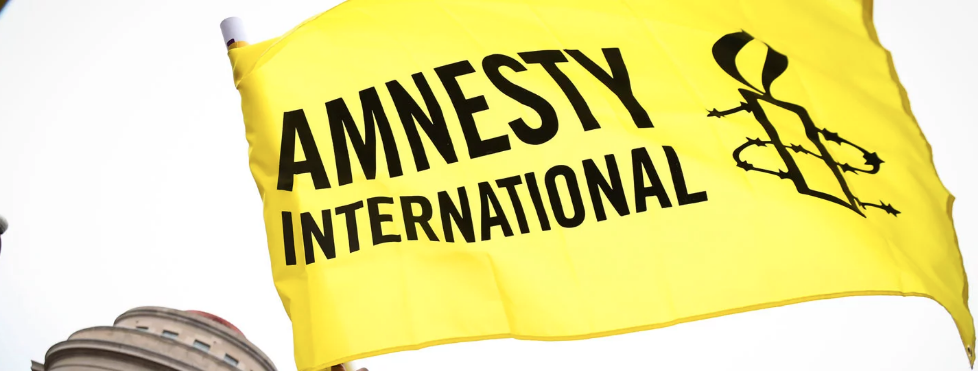In a blow to the people of Jammu & Kashmir, the Supreme Court of India on 13 August refused to pass an order on lifting restrictions in Jammu and Kashmir, including restoring communication services. However, instead of dismissing the petition, the court agreed to review the situation after two weeks citing security concerns. This extends the status quo on the blanket restrictions in Jammu & Kashmir.
On the 8th day of total communication lockdown in Jammu & Kashmir, Amnesty International India expresses deep concern over the continued restrictions in the region, including people’s right to freedom of movement, and freedom of expression and opinion. It also remains concerned about detention of political leaders and activists, and the impairement of the press to freely report on the current developments and act as a bridge for the voices from the region.
While little information is coming out of Srinagar, there is no news from the rest of the region. Websites of local news media continue to be last updated on 5 August. This gives rise to grave concerns of human rights violations that may occur yet remain unreported due to Government of India’s near-total control over information coming out of Jammu & Kashmir.
On 9 August, few international media organisations reported violence in Srinagar’s Soura area against those who resisted the curfew to protest against the severe lockdown. Use of tear gas, rubber bullets and pellets guns were also reported which the Government of India has denied. Amnesty International India in its earlier report had found that these “crowd-control” measures have been responsible for blinding, killing and traumatizing people in Kashmir. However, with the local media paralysed, the number of casualties, if any, remain hard to ascertain.
While the authorities have the right to maintain public order, use of pellet guns and other weapons are in defiance of international human rights standards. Amnesty International India is concerned that the continuing communication blackout denies the people of Jammu and Kashmir their key human right to freedom of expression, which India is obliged to respect under Article 19 of the International Covenant on Civil and Political Rights, to which it is a state party. The arbitrary detention of the leaders is a further violation of human rights, and we are concerned that this may not be where violations end.
Amnesty International India urges the Government of India to ease the restrictions on the communication channels and media and release the political leaders. A complete clampdown on civil liberties is only likely to increase tensions, alienate the people and increase the risk of further human rights violations.






















